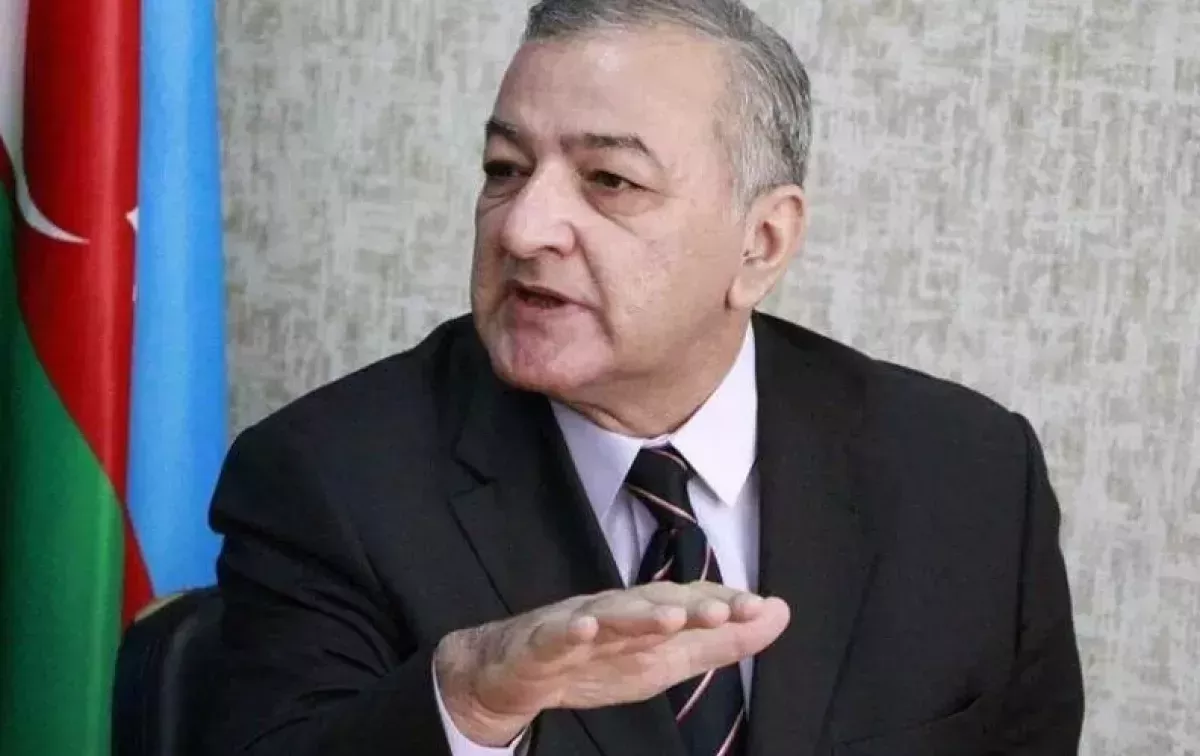Pashinyan's EAEU snub: "Russia is going to punish Armenia" Expert insights
The 43rd meeting of the Eurasian Intergovernmental Council of the Eurasian Economic Union (EAEU) took place on August 15 in Kyrgyzstan. The event was attended by the prime ministers of the member states—except for Armenian Prime Minister Nikol Pashinyan, whose presence was particularly significant given the potential geopolitical shifts related to the Zangezur corridor, a route that is expected to come under U.S. influence.
Last month, Nikol Pashinyan missed the Eurasian Economic Forum in Minsk, and this time he did not travel to Cholpon-Ata. According to his press secretary, Nazeli Bagdasaryan, the Armenian prime minister was on vacation from August 12 to 15, reports Nezavisimaya Gazeta. The newspaper further notes: “One of the issues that could have been discussed at the meeting is Iran’s recently signed agreement to establish a Free Trade Zone with the EAEU, which could represent a significant step in developing trade relations. However, the situation surrounding Armenia and its exclusive partnership with the U.S. in developing the so-called Zangezur corridor creates serious obstacles.”
If we assume that this means control by US President Donald Trump over the territory of Armenia, this calls into question the principles of the EAEU. The free movement of goods and services is a cornerstone of the EAEU. In the context of the Zangezur corridor, this means that customs posts must be established at the entry point from Nakhchivan (Azerbaijan) and at the exit into Azerbaijan, with uniform customs duties applied as set by the EAEU. The Russian military base stationed in Armenia does not provide for customs control. However, if Trump establishes U.S. control, it would constitute a direct violation of the EAEU charter, as it would restrict the free movement of goods and services within the Union. In that case, Armenia would likely have to choose between its partnership with the U.S. and its membership in the EAEU.
For Iran, which has already signed a Free Trade Zone (FTZ) agreement with the EAEU, the Zangezur corridor is not a priority. Goods moving from Iran to Armenia and from Armenia to Iran are transported under the existing FTZ agreement without any U.S. interference. Armenia is obliged to adhere to these arrangements.
At the current EAEU meeting, Union members may remind Yerevan of its obligations under the Free Trade Zone with Iran. Failure to comply with EAEU rules—particularly regarding the free movement of goods and services—could call Armenia’s membership in the organization into question. Moreover, Armenia has already been warned against closer ties with the EU, which contradict EAEU norms. If such a course continues, Russia may consider taking appropriate measures, as noted some time ago by Russian Deputy Prime Minister Alexey Overchuk.
Thus, Armenia faces the threat of being expelled from the EAEU. But is it really worth it if Pashinyan openly ignores its meetings? How much would Armenia lose if it left this Kremlin-aligned economic bloc? Or could it even play to its advantage in the long run?
Caliber.Az asked prominent experts to comment on the situation.

Serhiy Danilov, Deputy Director of the Kyiv Center for Middle Eastern Studies, believes that Russia will intensify pressure on Armenia.
“One of Moscow’s most effective tools is the de facto economic sanctions against Yerevan. Russia intends to punish Armenia but is looking for a legal justification that can also be used in propaganda. Equally important, Moscow wants to involve other members of this intergovernmental union in its retaliation against Yerevan. This is a traditional method of Russian pressure on its neighbors.”
Armenia’s trade with Russia has increased significantly since the Russian invasion of Ukraine, making Armenia a beneficiary of the war by trading in sanctioned goods. Replacing the Russian market in the short term would be extremely difficult, and Pashinyan could find himself in a tough position ahead of the elections. However, economic blackmail is unlikely to succeed. Over years of economic growth, Armenia has built up a certain degree of resilience—a kind of safety cushion. On the other hand, the prospects for full regional integration and, more importantly, guaranteed security are clearly far more significant factors than short-term losses,” Danilov said.

Azerbaijani security expert Ilham Ismayil, in turn, noted that while Armenia has comparatively easily ignored the CSTO, it has always approached the measures of the Eurasian Economic Union with caution and has tried not to act openly against Russia’s interests.
“This can be explained by Armenia’s economic dependence on Russia, both during the Soviet era and today. With the onset of the Russia–Ukraine war and the imposition of sanctions against Russia, Russia has also become dependent on Armenia, since the latter did not join these sanctions, and goods entering and leaving Russia pass through Armenia. However, this does not justify Moscow fully tolerating Armenia’s pro-Western policies.”
The upcoming visit of Deputy Prime Minister Overchuk to Yerevan is also intended to draw the Armenian leadership’s attention to aspects of the Eurasian Economic Union and the so-called “Trump road,” the expert believes.
One of the key reasons for the Armenian Prime Minister’s conspicuous absence from the most recent EAEU meeting, of course, is the Washington summit, he adds.
“Initialling a peace agreement with Azerbaijan implies the future opening of the border with Türkiye and a reduction of Armenia’s economic dependence on Russia. I believe that Pashinyan, aware of the positive aspects of the near future, openly chose not to attend the summit in Kyrgyzstan.”
“Perhaps Armenia will continue to follow the rules of the Eurasian Economic Union until the ‘Trump road’ becomes operational (which is expected to take at least three to four years). After that, EAEU regulations may still apply to Union members within Armenian territory. The evolving direction of the regional order during this period will also be a key factor.”
“At present, there is no threat of Armenia being expelled from the Eurasian Economic Union. Although it effectively froze its activity in the CSTO nearly two years ago, no strict measures have been taken against Armenia. I believe that if Pashinyan continues to govern Armenia, the rules applied to EAEU countries using the ‘Trump road,’ in order to avoid particular tension with Russia, may remain in effect for some time,” Ismayil says.








